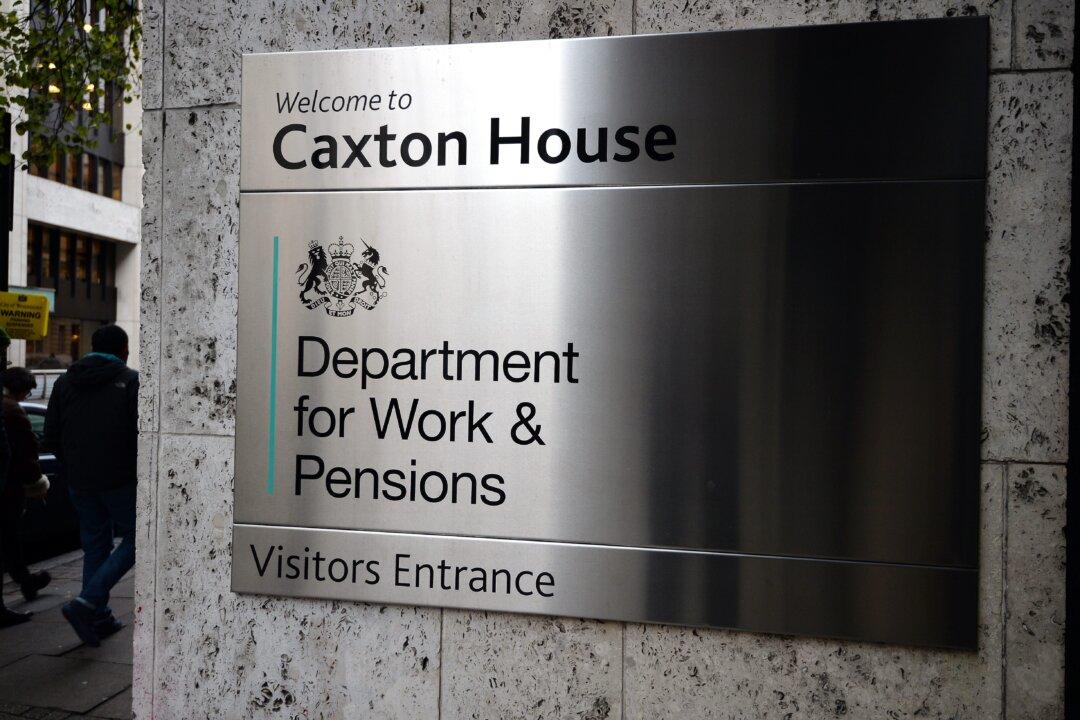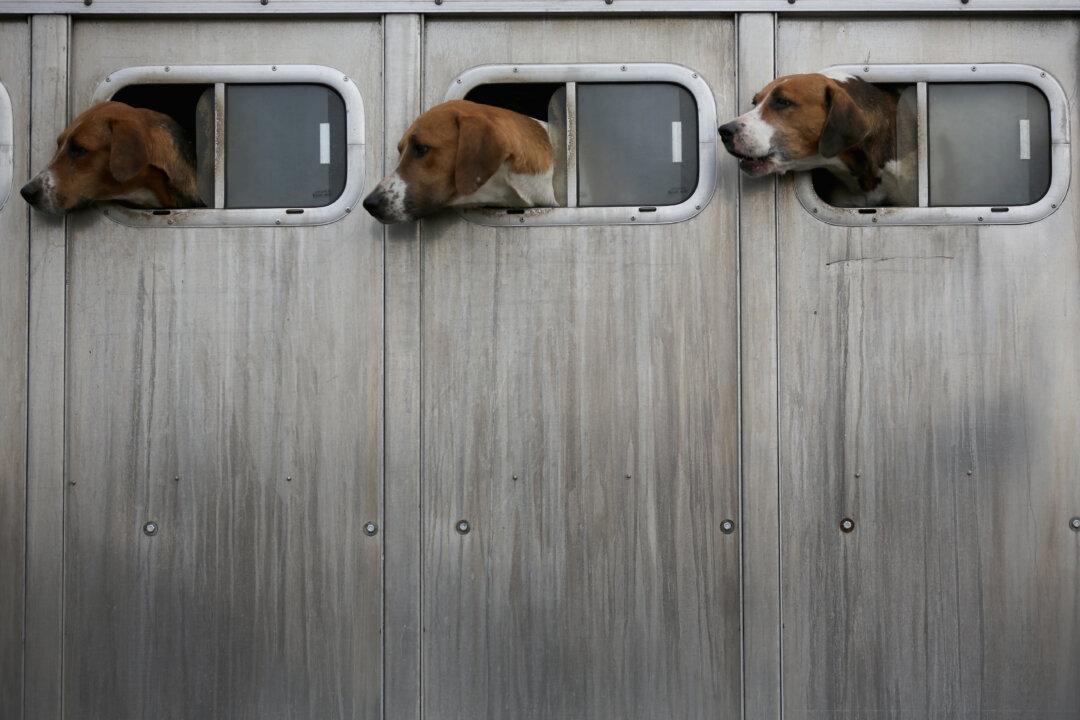The Child Maintenance Service (CMS) could be demanding money from paying parents without due process, according to evidence seen by the Epoch Times.
Responsible for managing all child maintenance payments in the UK, the CMS, which forms part of the Department for Work and Pensions (DWP), has previously faced criticism for its assessment methods.





